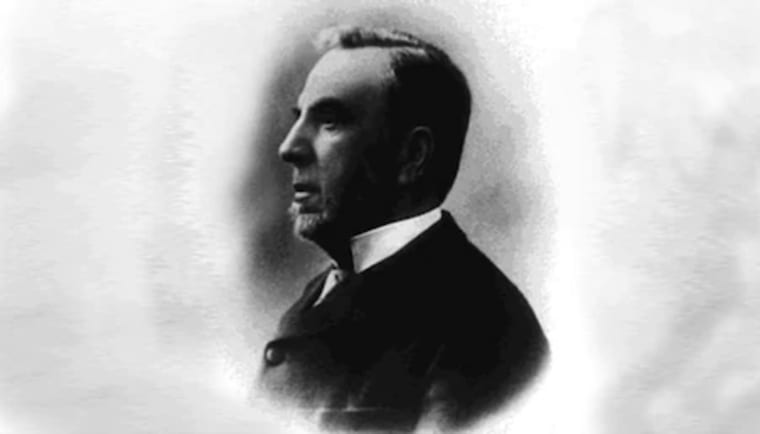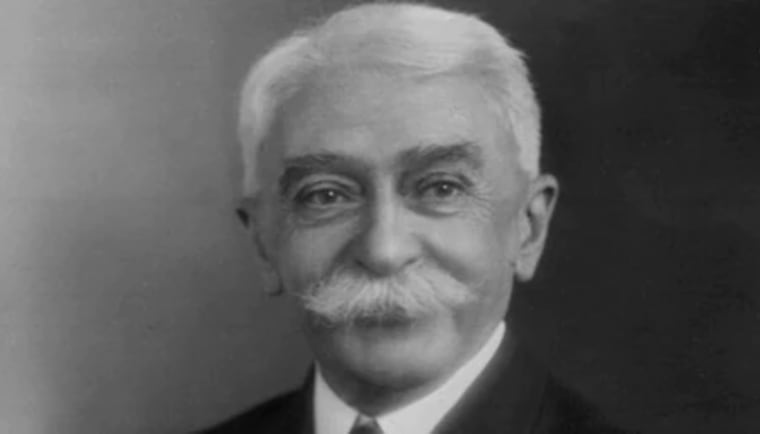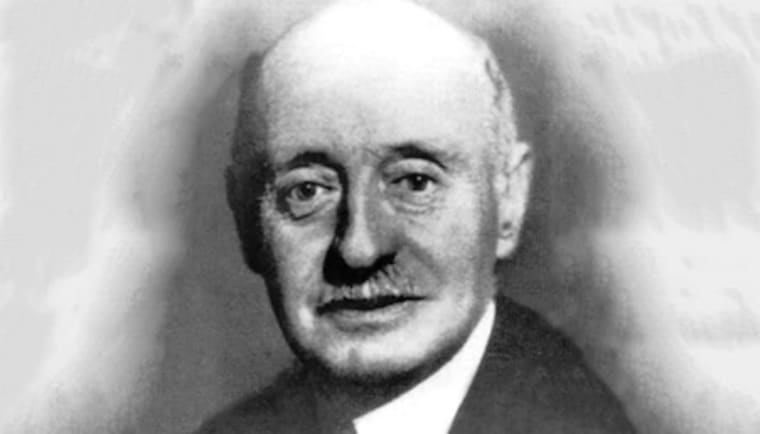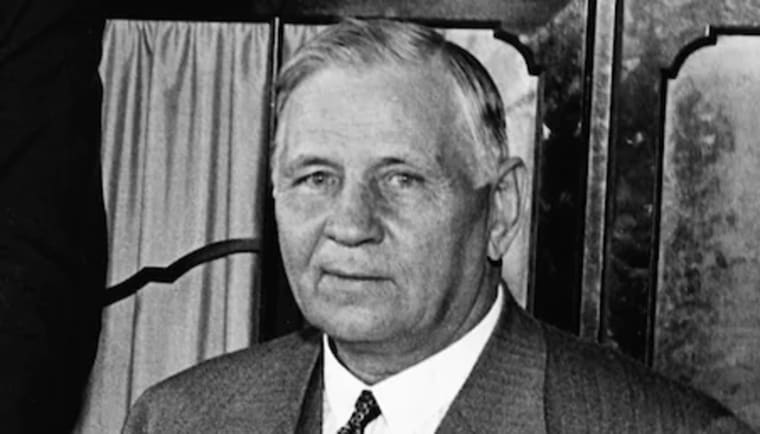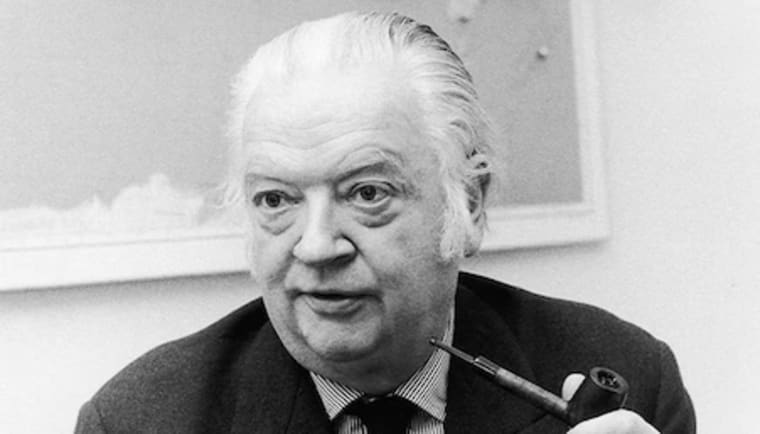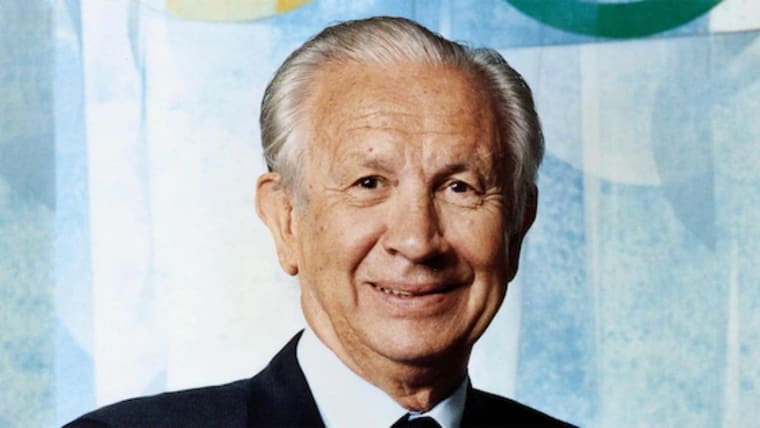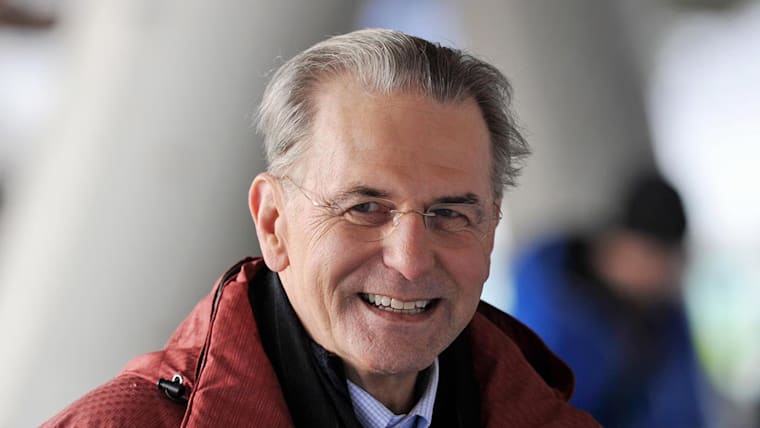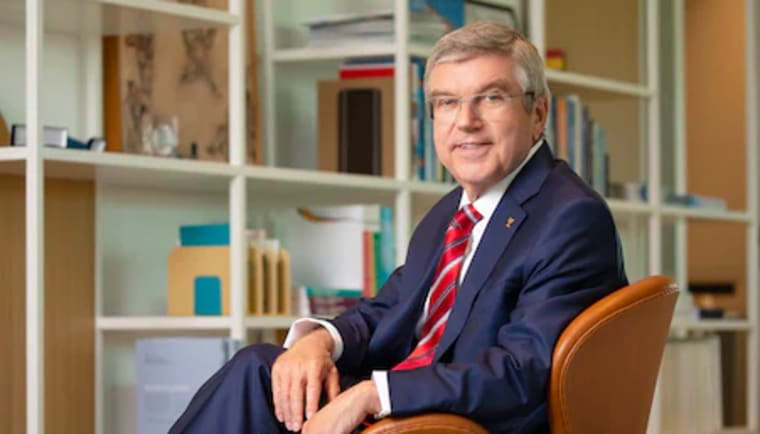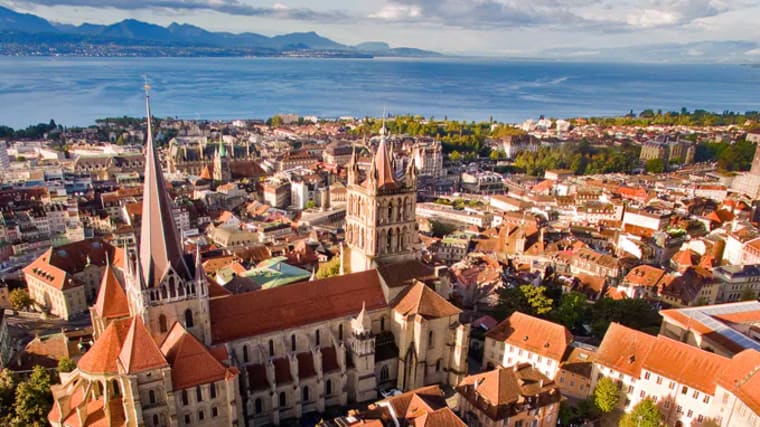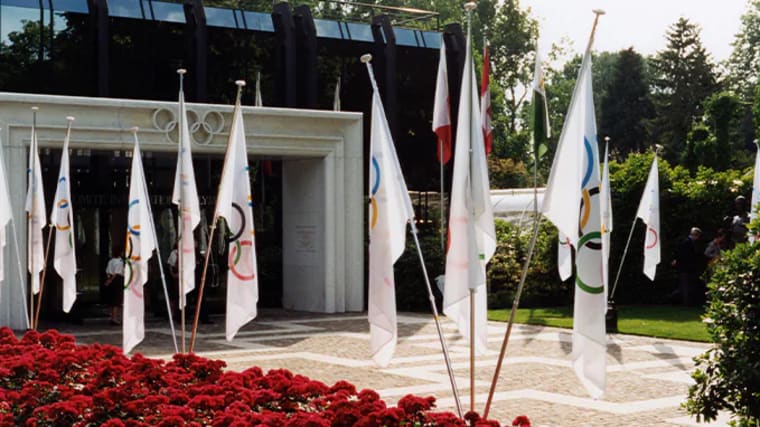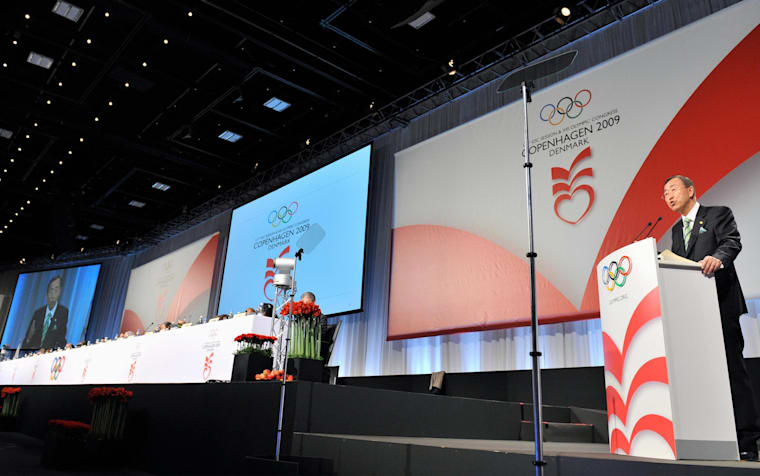1952: Avery Brundage,
fifth IOC President
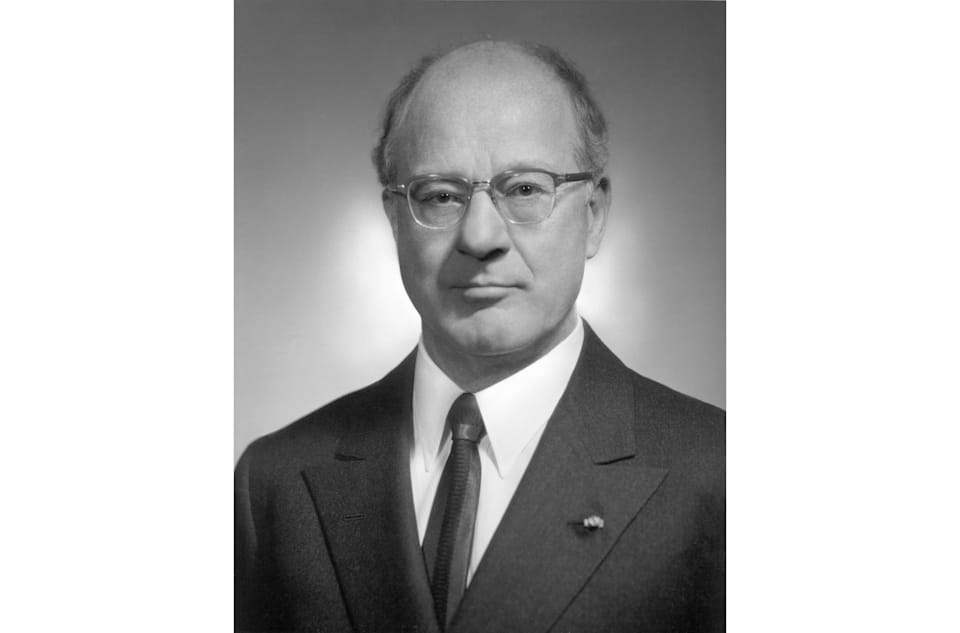
Avery Brundage served as the fifth President of the International Olympic Committee from 1952 to 1972.
He served during a tumultuous time politically, in which the Olympic Games also evolved into one of the best-known events in the world.
Brundage joined the Chicago Athletic Association in 1910 and specialised in the all-around event, a 10-event competition that was a precursor to the decathlon. With his all-around talents, Brundage qualified for the 1912 US Olympic team in both the decathlon and pentathlon. Although he placed fifth in the pentathlon in Stockholm, he did not finish the decathlon. He was the first IOC President to have actually competed in the Olympic Games.
In 1928, he was elected President of both the Amateur Athletic Union (AAU) (serving until the autumn of 1935, except for 1933) and its Olympic arm, the American Olympic Association (AOA), the forerunner of the United States Olympic Committee (USOC). He continued as President of the AOA and its successor organisations until his election as IOC President in 1952.
Brundage was confirmed as a Member of the IOC at the 35th IOC Session in Berlin in July 1936. Within one year, he was named to the Executive Board. When IOC President Henri de Baillet-Latour died in 1942, Swede J. Sigfrid Edström stood in as de facto President until the end of World War II. One of his first actions was to appoint Brundage as Vice-President. Together, Edström and Brundage kept the IOC together during the war through letters written to the Members throughout the world. Brundage was elected IOC President in 1952.
Brundage’s term as IOC President was a difficult one politically for the IOC. The IOC was faced with the question of the two Germanies, the two Koreas, the two Chinas, the apartheid problem in sport in South Africa and Rhodesia, rising problems with professional encroachment on the Olympic Movement, political demonstrations by African-American athletes, and finally, in the last days of Brundage’s term, the massacre of 11 Israeli athletes and coaches in Munich at the 1972 Games. These problems were addressed almost solely by Brundage, who mostly ran the IOC as a one-man show.
Brundage believed in amateurism, pure and simple, with no possible compromise. He was especially bothered by the Olympic Winter Games, in which the Alpine skiers openly flaunted advertising on their skis, with many of them known to be closet professionals. Brundage even proposed cancelling the Olympic Winter Games because of the creeping professionalism, or at least cancelling the Alpine skiing events, often considered the highlight of the Winter Games programme.

